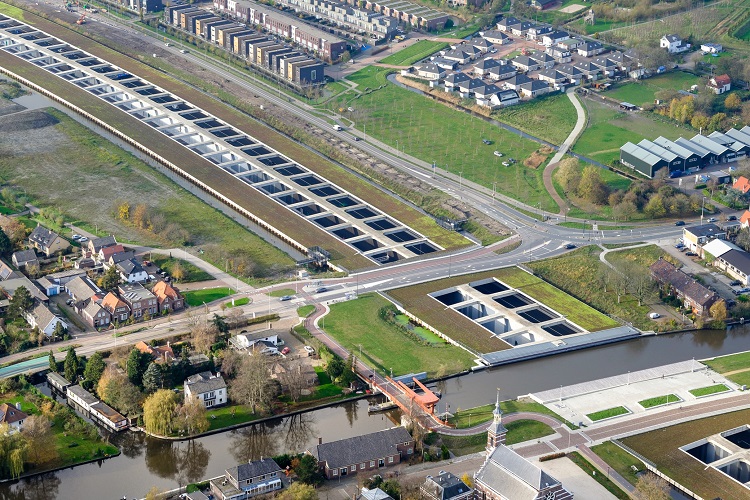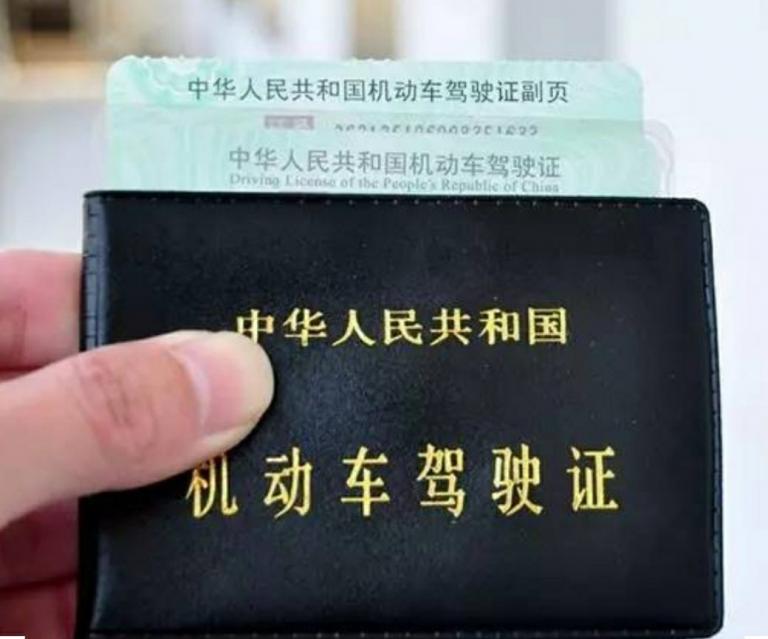New driver,please look after me
2 min readAcquiring a driving licence is not difficult.Although a learner has to undergo 70 hours of training over two months,it is hard to fail the test.lpaid examiners are readily bribable,with the instructors acting as middlemen and taking their own cut. Many cars on city streets display notices saying”New driver, please look after me”. The plea is in vain. The death rate on China’s roads is the highest in the world:680 die and 45 000 are injured every day, according to the World Health Organisation, compared with around 115 deaths a day in far more motorised America.

Ownership is still minuscule in per capita terms:7 or 8 out of every 1000 people, compared with a global average of 120 and more than 600 in America. The number of private cars in China-about 10m-is still only half the number of cars in America at the onset of the Great Depression. But Beijing,a city of 12m people(counting only registered residents) has 2m cars, some 80% of them in private hands.A quarter of a million of these were bought in the past two years. Despite the widening of main thoroughfares(knocking down yet more residential buildings), the building of a suburban light-rail line and the opening of a new ring road in the past few years, the city’s infrastructure cannot keep up.
Concerns about congestion, parking, fuel-price increases and the possibility of a new fuel tax are beginning to dampen demand in the city, says Qie Xicogang,a market analyst at the cit’s biggest car market. The government’s decision last year to tighten bank lending for car purchases has also had a big impact. Being new to a credit culture, and having lite fear of reprisals from timid state-owned banks, many Chinese had borrowed beyond their means, using falsified certificates of their income. This has created a “big financial black hole”in China’s banking system, saysMr Qie. But even with buying on credit down to 10% of transactions compared with a high of 30% in 2003, sales are booming. Many buyers at his market come in with bagfuls of cash.
Curiously, however, the car remains largely i tool for short-distance travel, usually to the office and bock. The motorway network has so far failed to transform travel and leisure habits. Steve Bale of Bates Asia, an advertising firm,says that last year fewer than 20%of car owners used their vehicles to travel out of the city at the weekend.Hiting the open road and following it wherever it leads is not,it seems,a particularly inspiring notion to the Chinese car owner.Jin Jianjun,a 46-year-old office worker in Beijing who spent this year’s lunar new year holiday driving 6,000km a-round China with his wife and daughter,is a rare exception.He says thatnow is the best time to be a car owner in China,because the newly built intercity expressways are still so free of cars.









